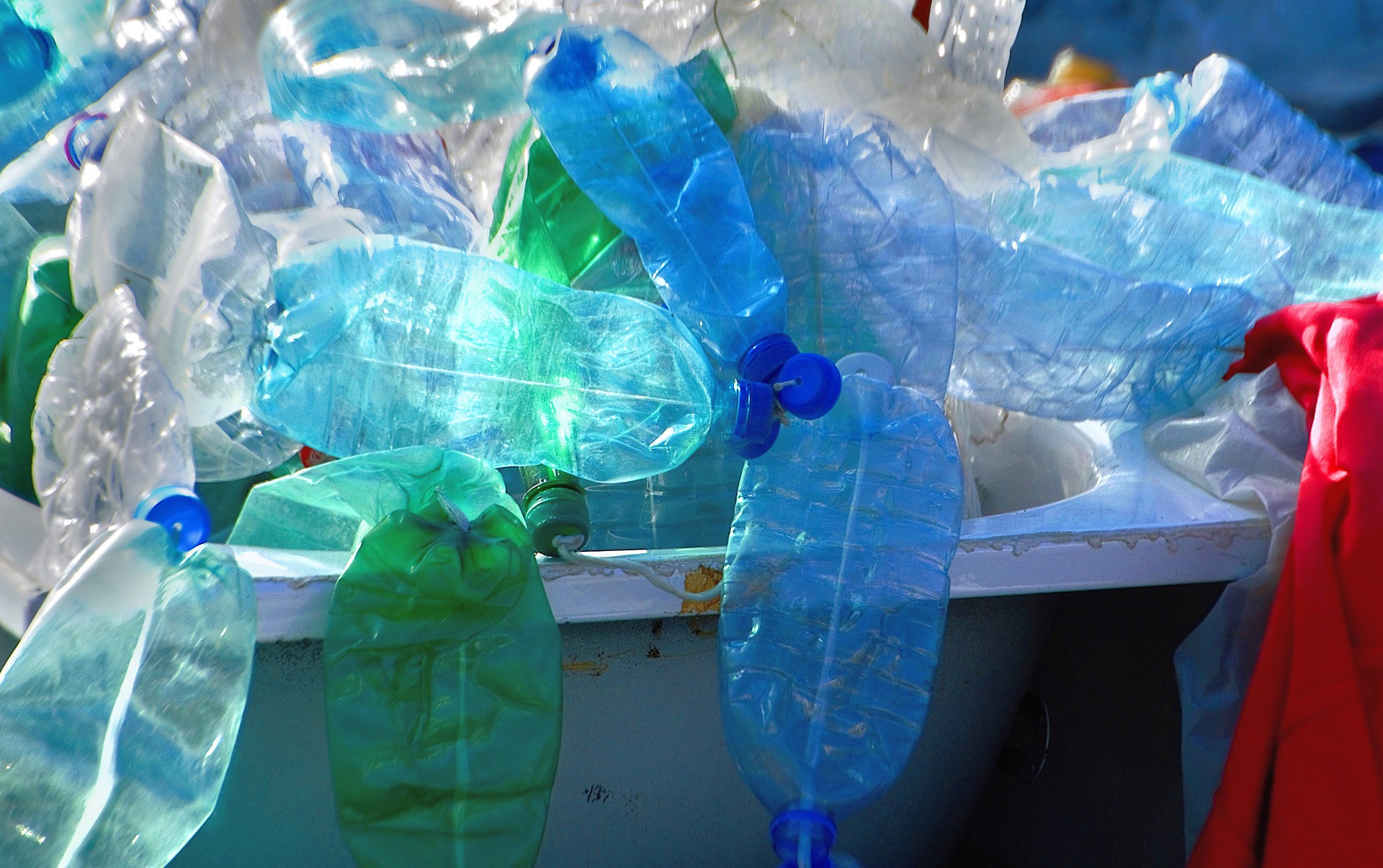
Much against common belief, plastics do decompose, but into what?

We know plastic is omnipresent and is the cause for largescale environmental hazards mainly because of their inability to degrade for hundreds of years. However, they do decay in nature over time, but how?
A new study conducted by the Woods Hole Oceanographic Institution (WHOI), a US-based non-profit research and higher education facility, has found that sunlight causes a chemical reaction, transforming plastics into thousands of water-soluble compounds, which they say is “at least ten-fold more complex than previously understood.”
This theory throws more light on the established thought that discarded plastics remain as they are when forcefully introduced into marine ecosystems and simply break down into smaller pieces, called microplastics.
To understand how prolonged exposure to sunlight changes the chemical composition of plastic, the scientists chose three discarded single-use plastic bags – one from Target, another from Walmart and the third, a CVS bag that was made of recycled plastic.
Also read: Is bio-plastic a huge step towards solving a menace?
The researchers were amazed to find that sunlight turned the selected plastic bags into products that did not bear any resemblance to the original material. The Target bag broke down into 5,000 distinct compounds, the Walmart bag produced the highest compound count of 15,000. Their control sample, a piece of pure polyethylene film, produced 9,000 compounds.
“It’s astonishing to think that sunlight can break down plastic, which is essentially one compound that typically has some additives mixed in, into tens of thousands of compounds that dissolve in water,” co-author Collin Ward, assistant scientist in WHOI’s Marine Chemistry and Geochemistry Department, said in a press release.
The WHOI stated that the world needs to think beyond the fact that plastics are getting leaked get the environment. “It is important to understand what transformation they are undergoing. We don’t really know yet what impacts these products might pose to aquatic ecosystems or to biogeochemical processes such as carbon cycling. While plastics breaking down more quickly than expected may seem like a good thing, it’s unclear how these chemicals may affect the environment,” a WHOI researcher said.
Also read: Is plastic pollution our Waterloo moment? Look around, there’s more
Considering the risk posed by the release of unknown compounds into the environment, it is imperative that scientists work with plastic manufacturers so that their products can be reformulated to break down into benign products, or minimize the production of the materials that cannot be reformulated.


